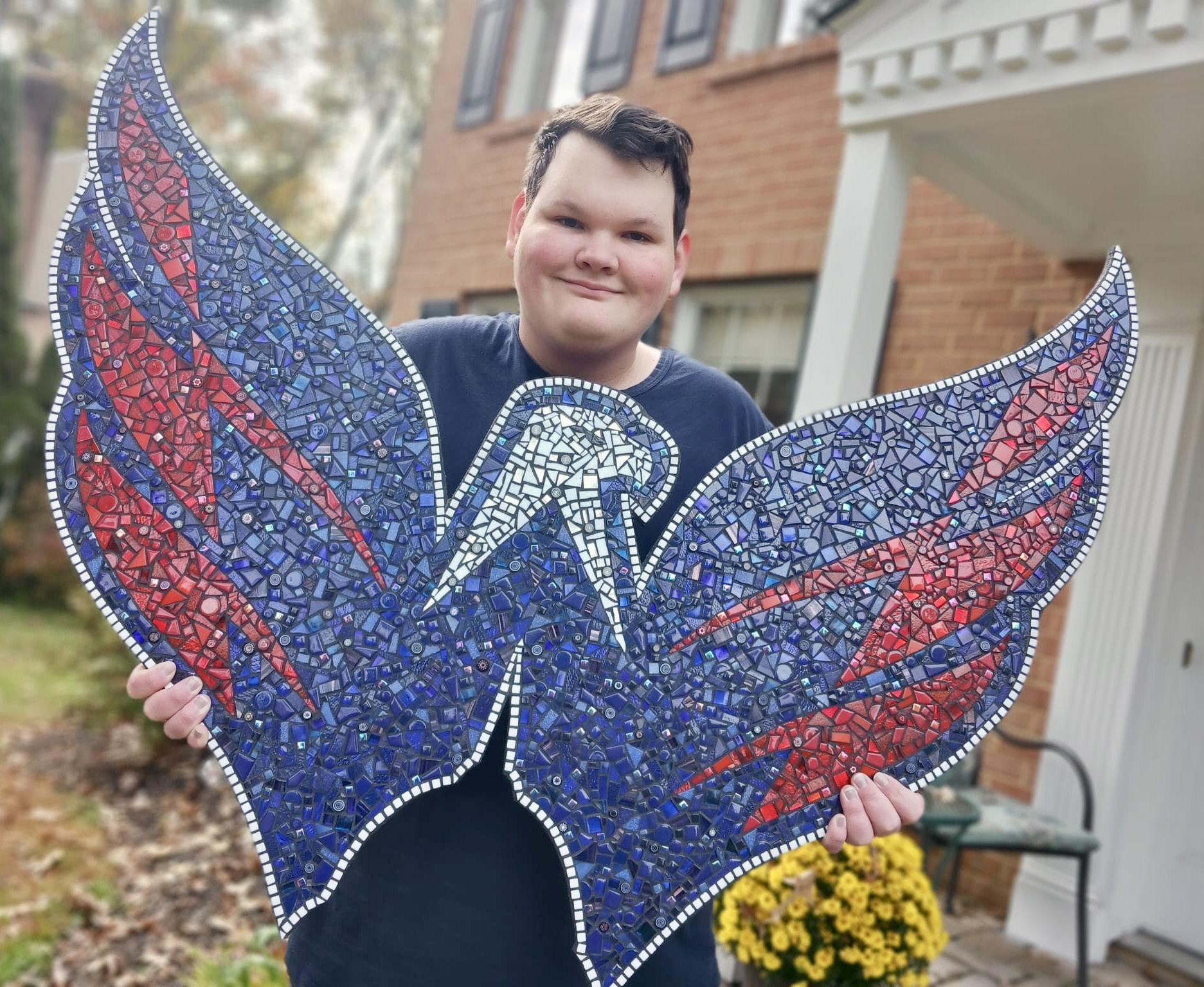
2 minute read
Student helps pay for orphanage after loss
Ava Herring Contributor
Leslie Shadrick, a 40-year-old web design student, thought she would be a traditional parent until her 3-year-old son died last year from a genetic disease. Instead, she became a mother figure to seven orphans.
Advertisement
Shadrick and her husband, Kirk, 56, found out while Leslie was pregnant with their son, Benjamin, that he had a genetic condition called Edwards Syndrome or Trisomy 18.
According to the Department of Health, approximately 90% of children who suffer from Trisomy 18 do not survive beyond the first year, and many live only a few days. Benjamin survived for three years but passed away from suffocation after paramedics were unable to clear his clogged breathing tube.
Shadrick, who is from
Mexico City, decided to pour her son’s $10,000 life insurance payout and the funds she and her husband saved for Benjamin’s future into an orphanage in Veracruz, Mexico.
“There are so many children who live in the streets in Mexico, and there’s just such a need for orphanages, good orphanages,” she said.
“I didn’t even think,” she said. “I just grabbed my husband by the shoulder and said, ‘Kirk, that money is not our money. That’s God’s money and he wants us to give it to an orphanage.’ And my husband was so puzzled. He was like, ‘Okay, we’re going to do it.’”
Kirk Shadrick said he didn’t want to keep the money anyway.
“What was going through my mind at the time was sheer grief,” he said. “We were just devastated. And so, I was looking down at the check and I was like, ‘What am I going to do with this money? I don’t even want it.’”
Shadrick said she and her husband had two choices after their son died. They could have “gone into complete self-destruction” or “run to God.” They chose to lean on their faith.
“We decided to try and find the joy in the grief and we continue to try and see the joy in it,” she said. “So we found joy in seven orphans in Mexico, who are living in a very tiny little orphanage.”
Shadrick said Veracruz is a poor city and that it was negatively impacted by COVID-19, draining the city of resources and money.
“It was just so bad and they were completely drained of hope,” she said. “And so we started sending them $300 a week.”
The orphans, whom Shadrick has visited in person, are Alberto, Sammy, Alexa, Alicia, Melanie, Esperanza and Anna. The orphan- age for boys and girls is run in Mexico by Pedro Cruz, a taxi driver, and Maria Rosario Ríos—a couple that has cared for more than 200 orphans in their lifetime.
“These seven kiddos ... never had anything,” Shadrick said. “And so what we do is we pay for their school supplies. We pay for them if they want to go to college or cover those costs. We pay for anything they want to explore or learn or do.”
So they could continue to fund the orphanage, the Shadricks decided to orga- nize large community yard sales with their neighbors and church congregation.
“You can’t just give, give, give, and so we had to come up with ways to make money,” Leslie Shadrick said.
Shadrick said because many families in Veracruz are poor, they sell their children or even kill them.
Shadrick and her husband have been working with an architect and a real estate agent in Mexico to build a new orphanage, which will be able to house up to 50 additional orphans.










